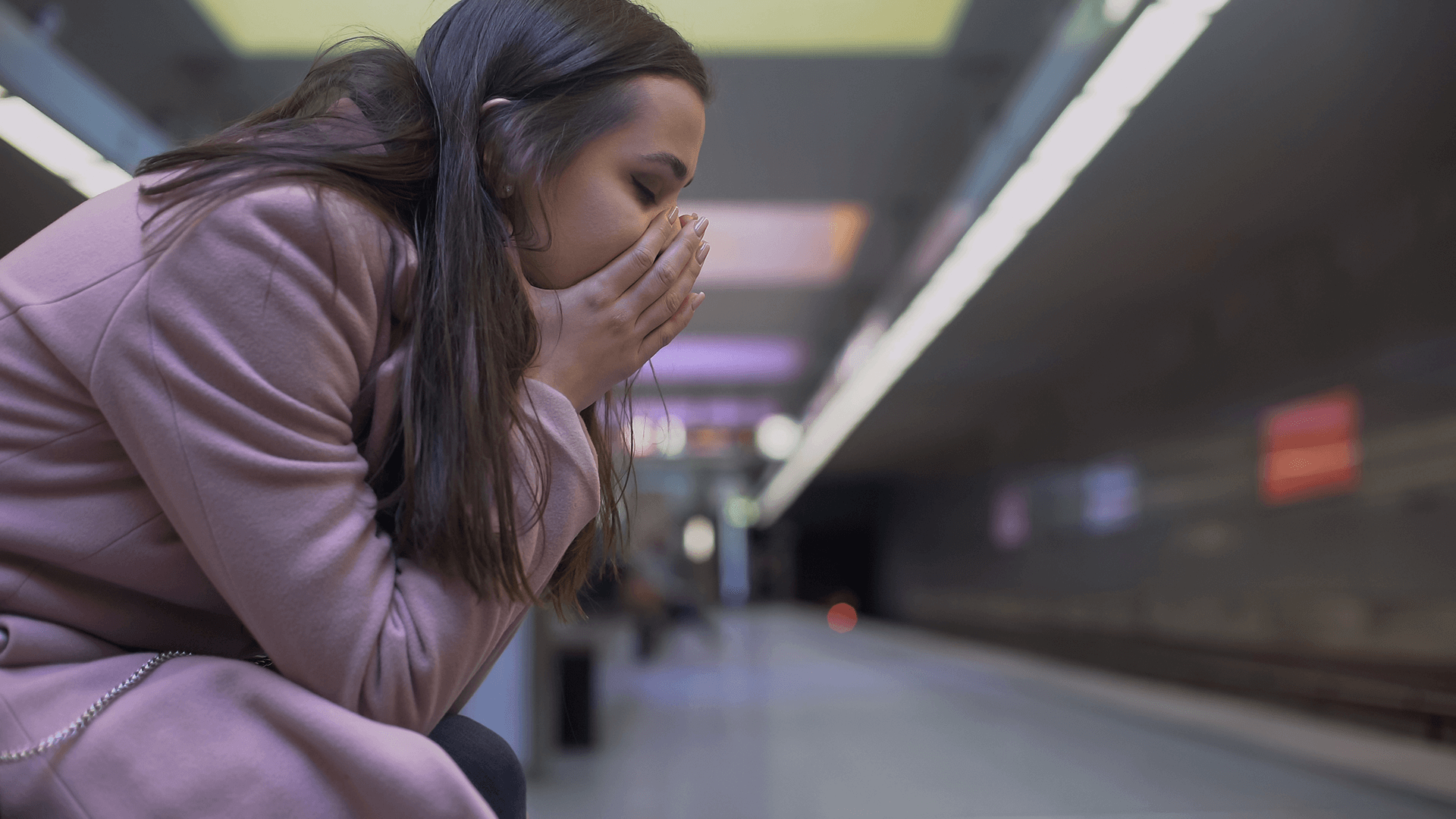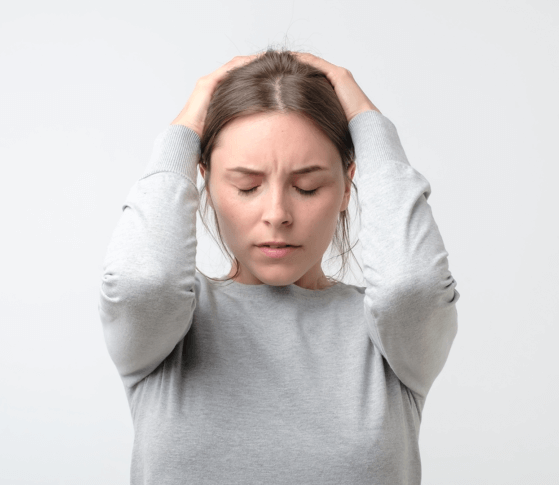Here’s the thing: You’re not imagining it! All of the symptoms of your panic attack are really happening.
Your brain is not always your friend. Sometimes it thinks there is danger when there isn’t, and it tells the rest of your body to be on high alert.
SO…what can you do to help yourself if you feel like you are having a panic attack?
Here are just a few of the things that can help…

1) Talk about it, to someone you trust, or a counsellor.
Talking can help you to understand yourself a bit better and to work out what your ‘triggers’ are – these are things or situations that may set off a panic attack. Talking can also take the power out of the moment of panic, and help you feel more in control.

2) Try some ‘grounding’ exercises or mindfulness.
These are things you can do that focus all your attention somewhere else instead of on the panicky feelings. For example, look for something you can see, something you can smell, something you can hear, something you can touch. Or try counting and really focusing on the numbers. Or focus on your breath, counting your breaths in and your breaths out, notice how it feels, notice how your breathing changes as it slows down. If you can slow your breathing down, it sends a message to your brain that there is nothing to panic about.
Check out Stop. Breathe. Think TikTok for other grounding and mindfulness exercises.

3) Leave the situation or the place.
Get outside into fresh air or escape to a place that makes you feel safe. Walking round the block can really help! Know where your safe places are at school, at home, in town. A change of scene can change everything. If you’re at school or college, try to talk to a member of staff you trust and explain that sometimes you may need to leave the classroom. They’ll surprise you with how much support they can be!

4) See your doctor.
If nothing else helps, medication can be helpful in getting rid of the symptoms of panic and help you manage them better. Taking medication is never anything to be ashamed of!

5) Try using mantras or affirmations.
Mantras are just a series of words or a sentence that you repeat in your head or out loud over and over until the feelings have passed. For example, ‘I will be fine’, or ‘I am calm’, or ‘I am safe, nothing bad will happen’, or words that calm you like ‘peace, love, joy’. Keep repeating them until you feel the panic is easing off.
And remember – you are NOT alone. 1 in every 12 young people have experienced anxiety or panic.
Stop. Breathe. Think is a UK-based charity organisation offering free mental health services to young people across the UK with 1-1 counselling sessions and support.






